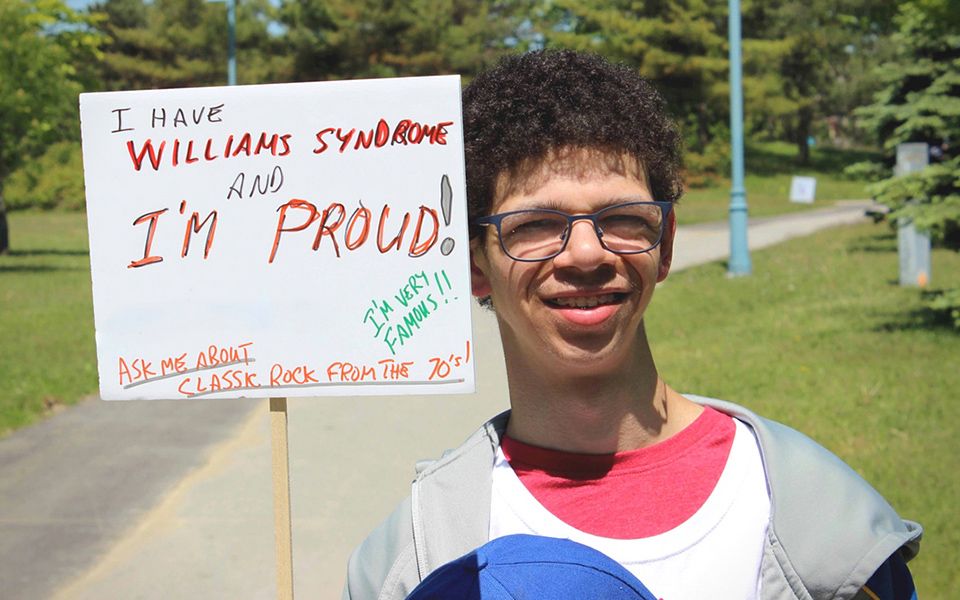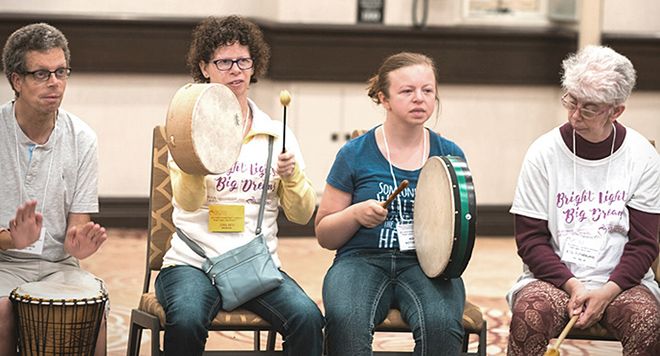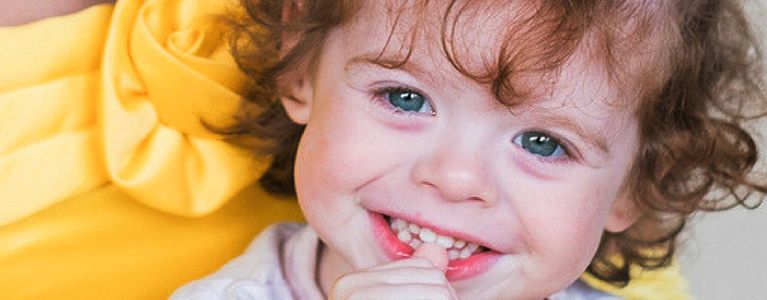
About CAWS
Making a Difference for Williams Syndrome in Canada
The Canadian Association for Williams Syndrome (CAWS) provides support to Williams syndrome (WS) individuals, their families and caregivers, coast-to-coast. Our grassroots, parent-volunteer run organization is on a mission to spread awareness, raise funds, support research and connect families touched by WS. We are a National Registered Charity, whose impact can be felt in towns and cities across Canada.
✨ 2025 Camp Scholarship Program Update ✨
We are pleased to announce that our 2025 Camp Scholarship Program for Whispering Trails Williams Syndrome Camp in Georgia has now closed. We are delighted to have awarded several scholarships to Canadian families for this life-changing experience.
The scholarships provided $2,500 CAD to cover camp registration, transportation, and accommodations for both Kids Camp (Ages 6-12) and Teen Camp (Ages 13-20) programs.
Stay tuned for information about our 2026 scholarship opportunities!
Thank you to all who applied and congratulations to our recipients. We look forward to hearing about their amazing camp experiences!
Williams Syndrome Facts
DID YOU KNOW
- Williams Syndrome affects 1 in 7,500 - 10,000 people worldwide.
- Williams Syndrome is known to occur equally in both males and females and in every culture.
- Williams syndrome is caused by the spontaneous deletion of 26-28 genes on chromosome #7 at the time of conception.
Become a Member

We are a small but mighty National Registered Charity, whose impact can be felt in tiny towns and big cities across Canada.
If your family member has recently received a Williams syndrome diagnosis or if you’re supporting someone with Williams syndrome, we hope you’ll join us.
- Access to Support and Resources: Joining the Canadian Association for Williams Syndrome provides access to a wealth of information, resources, and support networks specifically tailored to individuals with Williams Syndrome and their families.
- Advocacy and Awareness: By becoming a member of the association, you contribute to a collective voice advocating for increased awareness, understanding, and support for Williams Syndrome within Canada. Your membership can contribute to a stronger voice for positive change and improved services for individuals with Williams Syndrome.
- Community and Networking: Joining the association allows you to become part of a supportive and inclusive community. Connecting with other families, individuals with Williams Syndrome, and professionals in the field can create a sense of belonging and camaraderie.
